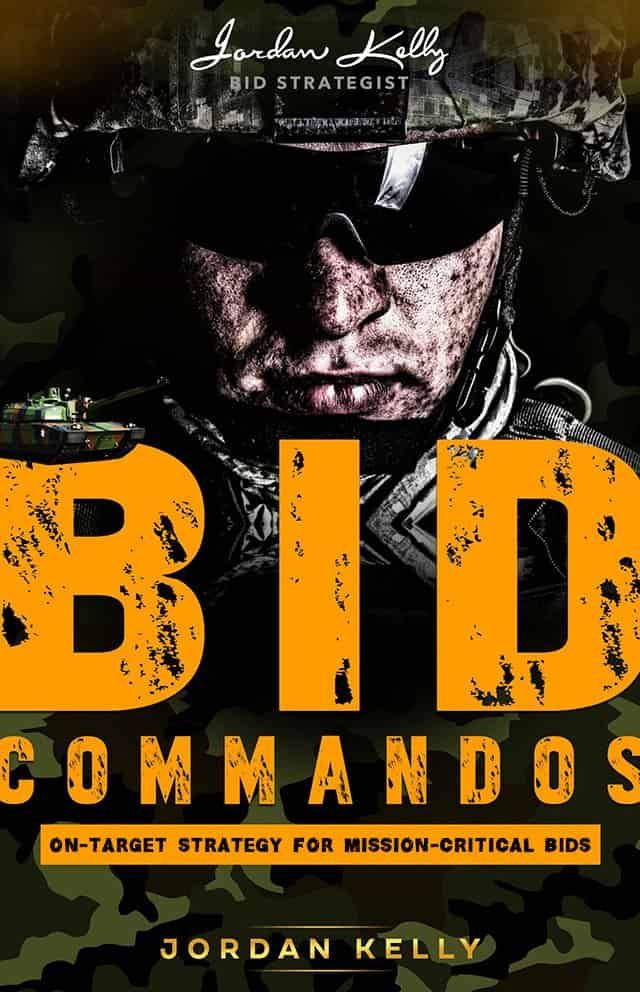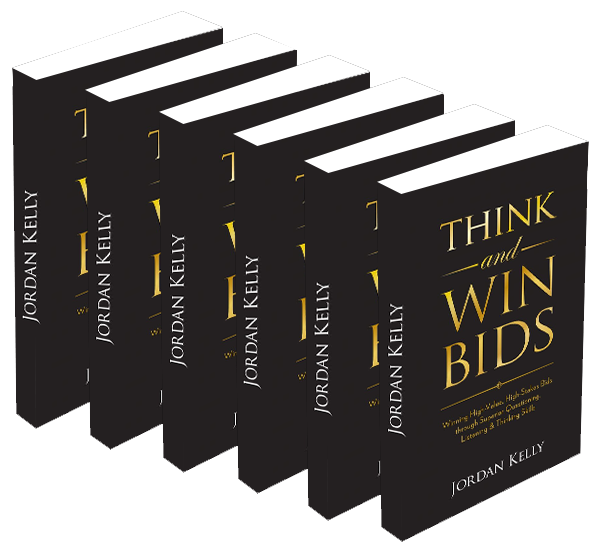CATEGORIES:

Want a way to immediately raise the bar in your bids, and have your claims seen as (considerably) more credible and reliable than those of the competition?
In the nearly 25 years that I’ve specialised in the field of high-value bids, I have seen almost no decrease in the use of meaningless, non-measurable, non-provable, low-credibility claims like those I’ve listed below.
This observation – consistent across all industries – would dictate that your simplest and most readily available avenue for making a competitively meaningful improvement in your bids, is to avoid these words and phrases (and any others like them):
- ‘State-of-the-Art’: Subjective at best, and usually completely without any form of credible proof point (unless you consider suppliers’ brochures and website copy an authoritative source)
- ‘Leading Edge’:
For this to be measurable, you’d have to provide a qualified definition of “edge” and authoritative quantification of your proximity to it – which would have to be closer than any other manufacturer of the same product / technology or provider of the same service.
- ‘World Class’: How many (fill in the blank) are in the class? By whose estimation are the members of this class superior to other products, services and/or product producers or service providers? And in what specific regards are they superior?
- ‘Best-of-Breed’: I’ve yet to find a satisfactory, universally-agreed definition or measure for this term (a term born in the IT sector, but now – in the viral manner of trendy terminology – permeating many other industries).
- ‘Superior’: To what, and by whose measure?
- ‘Advanced’: Compared to what?
- ‘High / Highest Quality’: Spare me.
- ‘Unrivalled / Unsurpassed’:
How much time and research would you have to put into proving that?
- ‘Proven’: By whom? And in the context of what, that is specifically meaningful to your prospective customer or client organisation?
- ‘Innovative’: I’ll have every single one of my civil infrastructure / construction / engineering clientele jumping on me over this one. Suffice to say, this word has become so over-used that, in most instances, it no longer has any meaning. It’s a highly subjective claim, at best.
Exactly how do you replace these terms?
With what do you replace them?
Actually, you don’t replace them with anything. What you do, is you formulate a better quality bid strategy to guide your bid writers in their production of your documentation, such that neither you nor they have to resort to this type of (what I call) “brochureware” language.
My flagship book, ‘Think and Win Bids’, provides example-rich coaching for bid leaders on how to ensure your strategy is solid and meaningful, such that your writers don’t resort to this silly-speak. Or, if you want to go all the way with detailed, step-by-step, comprehensive training for your team, you’ll want to participate in my 11-module ‘BID COMMANDOS: On-Target Strategy for Mission-Critical Bids’ program.
Meantime, ‘The Bid Writer’s Style & Grammar Guide’ provides guidance for bid writers on how to say what you mean, rather than employing these meaningless, non-measurable words.
THINK AND WIN BIDS
Winning High-Value, High-Stakes Bids through Superior Questioning, Listening & Thinking Skills
(Book)
The three fundamental skills of a successful bid leader and strategist are the ability to think, to listen and to ask quality questions.
So much the better if all members of a bid team understand the role of those fundamentals in formulating a successful bid.
Available both individually and as a six-pack (6 books for the price of 5), Think and Win Bids is ideal to ensure everyone is "on the same page".
BID COMMANDOS
On-Target Strategy for Mission-Critical Bids

(Training Program)
BID COMMANDOS is my "blockbuster", comprehensive, 11-module training program.
It's intricately formulated to ensure your team excels at every stage of a formal bidding process . . . from the initial bid/no bid analysis, through research and intelligence-gathering, through the strategy development and documentation process, through strategic and compelling writing and competent editing, and on through the shortlistee presentation stage, right through to optimisation of client de-briefing session/s.



